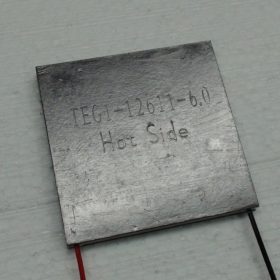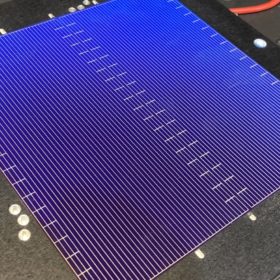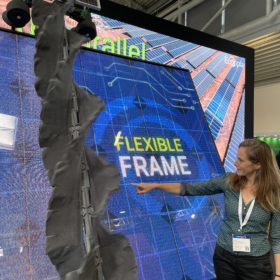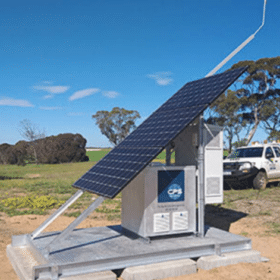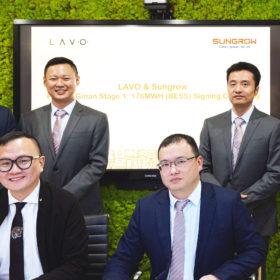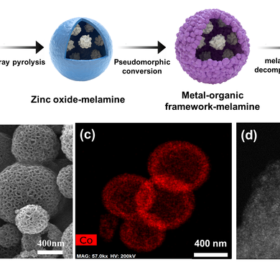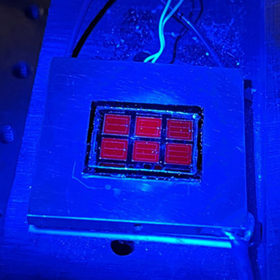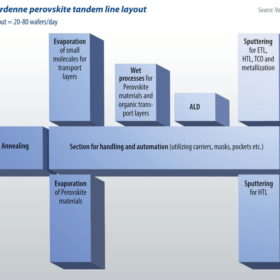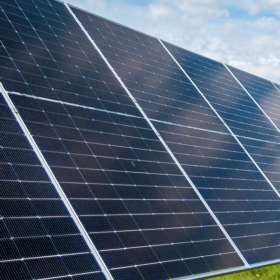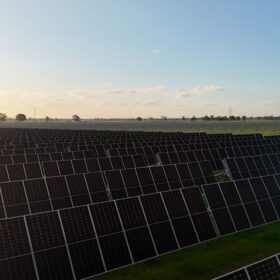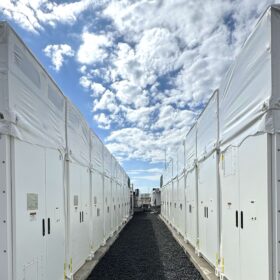Upcycling silicon waste from end-of-life solar panels into thermoelectrics
Researchers in Singapore have developed a new technique in which polycrystalline silicon is pulverised into powder and pelletised into ingots. The process relies on spark plasma sintering to dope the silicon with germanium and phosphorus.
Gallium doping and solar cell degradation
German scientists have conducted a series of experiments on gallium-doped silicon solar cells to understand the causes of degradation in PV cells and modules treated with gallium rather than boron. They confirmed that the performance losses are caused by a bulk defect in the material, and found that the right combination of light and temperature can “heal” earlier damage and even lead to small improvements in overall cell efficiency.
Have your say on the future of automation in solar O&M
Cost efficiency while maximizing power output is the name of the game in solar project development and asset management. And the automation of the provision of utility scale solar operations and maintenance (O&M) is fast becoming one of the most compelling opportunities. Help shape the future of automation in solar O&M by completing this first-of-its kind survey.
Standalone power system to be allowed in the NEM from August
The Australian Energy Regulator has begun consultations to allow distributor-led standalone power systems (SAPS) to become part of the national electricity system. Proving highly successful in Western Australia, these SAPS could soon be properly rolled out in the east.
Sungrow’s new battery to be deployed in 16 mid-scale Victorian solar farms from Lavo
Chinese inverter brand Sungrow has signed a 79 MW inverter and 176 MWh battery energy storage contract with Sydney-based hydrogen battery company Lavo. The contract will see Sungrow add its storage solution to 16 mid-scale solar farms in Victoria.
Hydrogen: cobalt-based single-atomic catalysts with 40% improved performance
South Korean researchers have developed an atomic cobalt-based catalyst technology that is suitable for catalyst development in a range of fields, including fuel cells, water electrolysis, solar cells, and petrochemicals. The European Commission, meanwhile, has announced plans to support green hydrogen.
China’s cumulative PV capacity tops 322 GW
In other news, Zhonghuan Semiconductor announced it will begin selling 210 mm n-type wafers and the local government in Zhejiang Province said it wants to deploy another 12.4 GW of new PV by 2024.
Quantum well superlattices for a new world record cell efficiency of 39.5%
Scientists in the United States have fabricated a triple-junction solar cell that reached 39.5% efficiency – a world record for any type of cell under one-sun illumination. Though relying on materials and processes that are still too costly for most commercial uses, the concept could soon see actual applications in powering satellites and other space-bound technology.
Outback town teams with CDU to research renewable energy future
With the Northern Territory town of Alice Springs turning towards renewable energy to address the challenges associated with its isolated grid, researchers from Charles Darwin University have announced they will help investigate how the outback community can facilitate its transition towards a renewables-dominated future.
Weekend read: Making tandem cells stack up
Perovskite tandem technology is shaping as the route to PV cell efficiencies well beyond 27%. But building the tandem stack in a way that can be scaled into gigawatt production is not a trivial challenge, says Sebastian Gatz, VP photovoltaics for German equipment supplier Von Ardenne.
